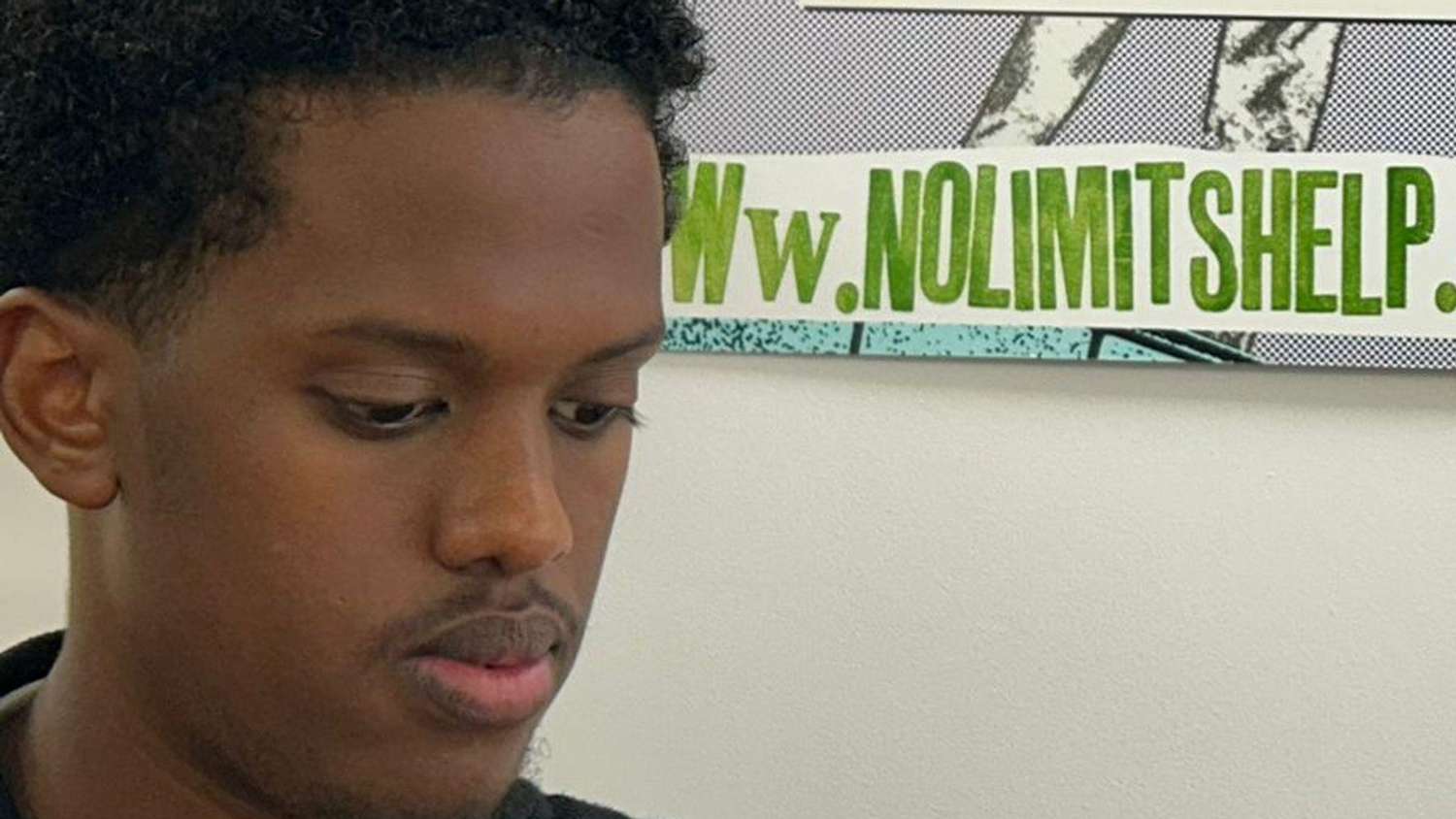A life-changing scholarship to the University of Glasgow has turned into a painful dilemma for a brilliant Gazan PhD student, Manar al-Houbi, whose family has been denied entry to the UK despite her scholarship explicitly covering their dependents. The heartbreaking situation forces her to choose between her academic future—a platform to research peace and combat violence against women—and the safety and unity of her husband, Mohammed al-Shaikh, and their family.
Al-Houbi was awarded a prestigious, fully funded scholarship by the Council for At Risk Academics (Cara) in May, a rare opportunity that included tuition, housing, and living costs for her entire family. "It felt almost too good to be true," she recounted. However, just weeks before her studies were due to begin, the UK Foreign, Commonwealth and Development Office (FCDO) delivered a devastating blow: her family would not be allowed to travel with her.
This decision comes amid a general UK crackdown on international student dependents, yet Manar al-Houbi, as a full-time PhD student, falls under an exception that permits her to bring her family. Furthermore, the Cara scholarship was specifically granted on the condition that her dependents were included.
The family's current plight is dire. Their home in Rafah was destroyed by Israeli airstrikes early in the war, forcing them to live in a tent in Khan Younis, in the southern Gaza Strip. For Al-Houbi, the emotional weight is immense. "The fact that the UK government hasn’t even bothered to make a request on my family’s behalf is heartbreaking," she said. Her presence in the UK without her family would mean separating them during a period of extreme insecurity and displacement, effectively undermining the very support system the scholarship intended to provide.
Conflicting Statements and Bureaucratic Blockades
The political complexity of the situation has only intensified the family's distress. During a recent BBC interview, Deputy Prime Minister David Lammy suggested that the UK's ability to facilitate their exit depended on Israeli permissions, stating: “It’s important to understand that we are actually dependent on Israeli permissions to bring those people out, and that has not been easy to get.”
However, this narrative was countered by Israeli officials. A spokesperson for Cogat, the Israeli government department that manages evacuations, clarified: “It should be clarified that Israel does not impose any limit on the number of residents exiting Gaza and relies solely on the requests submitted by the receiving countries.” This statement shifts the onus directly back to the UK government for failing to process the necessary paperwork or make the formal request.
Similar Stories of Family Separation
Al-Houbi's case is a prominent example of a broader issue affecting academics and professionals from conflict zones. For instance, Dr. Khalid Al-Amoudi, a Syrian surgeon awarded a fellowship in Canada, faced a six-month separation from his wife and young children after their dependent visas were delayed, despite his critical skills being needed immediately. Similarly, Professor Lena Hassan, an Iraqi historian accepted into a U.S. university fellowship for at-risk scholars, experienced a nearly one-year bureaucratic struggle to secure travel documents for her elderly parents, who were dependent on her care. These examples highlight a recurring pattern where the personal safety and family unity of highly valuable scholars are overlooked in complex geopolitical or bureaucratic processes. No parent or spouse, as Professor Alison Phipps, Al-Houbi’s academic supervisor at Glasgow, notes, "should be forced to choose their studies over their family."
Al-Houbi’s PhD research is focused on a crucial area: exploring how media and education can combat violence against women and promote peace. Her ambition is to return to Gaza post-PhD to teach, empower women, and drive societal transformation. Her scholarship is seen as an investment in a peaceful future for her community.
The Council for At Risk Academics (Cara) and other supporters are now intensifying their advocacy. Matt Foster, Cara's chief executive, stated the charity "is ready and waiting to support this family and we call on the UK government to support their evacuation immediately.” Scottish Education Secretary Jenny Gilruth has also requested an urgent meeting with the Foreign Secretary to press the case.
The FCDO insists it is working with universities to assist eligible students, acknowledging it has been a "highly complex process." For Manar al-Houbi and her family, however, the complexity of bureaucracy is currently outweighing the clarity of a contractual promise, keeping them separated in the face of ongoing hardship and shattering a dream built on hope and academic excellence.
_2.jpg)


.jpg)



_5.jpg)
.svg)


